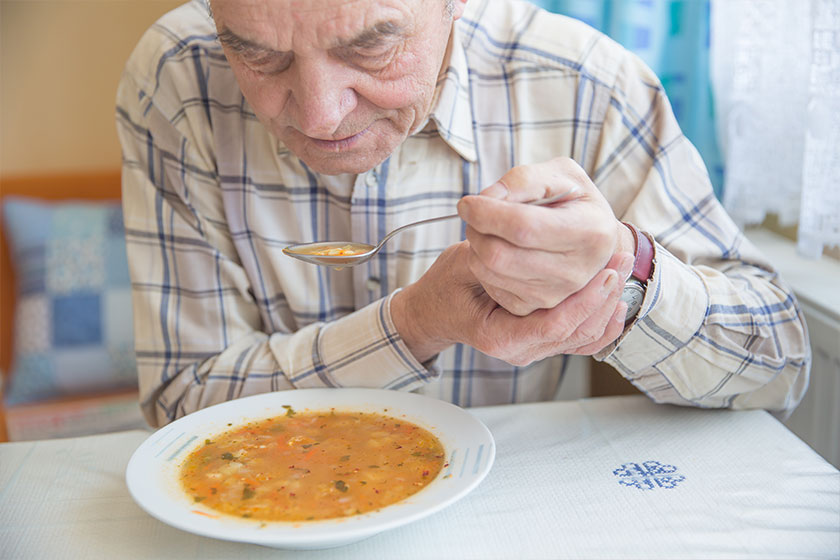Parkinson’s disease is a progressive disorder of the nervous system and other parts of the body the system control. This condition is progressive because the symptoms manifest slowly and end up affecting the patient’s ability to move physically.
These are some of the ways Parkinson’s in seniors affects physical health:
Muscle Rigidity
Parkinson’s affects the muscles of aging adults by causing stiffness, difficulty in walking, coordination issues, and problems with body movements. This condition is known as muscle rigidity, and can cause other problems, like slow movement and involuntary movement of some body parts. Aging adults with this complication often experience pain every time they wake up.
Although aging adults can live independently at the early stage of Parkinson’s, muscle rigidity can make activities of daily living difficult with time. Activities such as exercising, walking in the park, and cooking will become almost impossible. At this stage, family members need to allow assisted living communities to help their loved one live comfortably through high-quality care.
Inability to Form a Facial Expression
Another effect of Parkinson’s is the inability to form facial expressions. Aging adults begin to develop a mask-like expression, affecting their social life. This is because socialization involves verbal and non-verbal communication, with the latter becoming impossible due to the effect of Parkinson’s on the facial muscles.
Aging adults will gradually become unable to make facial expressions, therefore limiting them from making some gestures during communication with other people. This effect can be reduced through continuous medications and rehabilitation. These treatments are present in retirement communities with a lot of people to help improve socialization.
Loss of Balance
Basal Ganglia is the brain structure responsible for maintaining balance in humans. Parkinson’s can damage this structure, causing loss of balance. Once the basal ganglia are affected, aging adults become unable to walk independently, and their risk of falls increases. To manage this condition, the Parkinson’s Foundation recommends meeting with a physical therapist for balance training.
However, as a result of movement restrictions and transportation limitations, it might be impossible for aging adults to visit therapists frequently. This explains the importance of a retirement community; team members in these communities also includes therapists, so your loved one can access them easily.
Progressive Body Pain
Aging adults also experience ongoing pain as part of the symptoms of Parkinson’s at some point. Various parts of the body affected are the joints and muscles. It’s advisable that your loved one follows a healthy meal plan and engages in activities. They should also consider alternative treatments to manage this condition, such as acupuncture and massage therapy.
Although there are other treatment alternatives to manage and control this condition, they’re not yet proven to be completely effective.
Conclusion
It’s always difficult and frustrating caring for aging adults with Parkinson’s. However, retirement communities offer the best care to help them live comfortably. In addition to helping them manage their condition, these communities also help with activities of daily living. Reach out to them today to find out more.







